Осенний бал (2007) Online
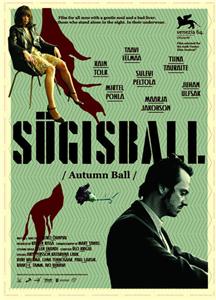
A young writer called Mati is stalking his ex-wife, while also trying to make unsuccessful passes at other women. Augusti is a barber living a dreary bachelor life who forms a bond with little girl, but his approaches are misconstrued as pedophilia. Laura, a single mom, tears up over sappy soap operas, but refuses real-life advances from clueless men, because her ability to trust has been ruined by her violent drunk of an ex-husband. Maurer, the architect, worries about the wellbeing of humanity, but ignores his own wife Ulvi, who in turn looks for solace in the arms of a coatroom attendant named Theo. Women have always liked Theo, but due to his low social status, they don't take him seriously. All of these people might inhabit identical tower blocks, but they couldn't feel more alienated from each other if they tried.
| Credited cast: | |||
| Rain Tolk | - | Mati | |
| Taavi Eelmaa | - | Shveitser Theo | |
| Juhan Ulfsak | - | Arhitekt Maurer | |
| Sulevi Peltola | - | Meestejuuksur Augusti Kaski | |
| Tiina Tauraite | - | Arhitekt Maureri naine Ulvi | |
| Maarja Jakobson | - | Laura | |
| Rest of cast listed alphabetically: | |||
| Allan Hmelnitski | - | Laulja restoranis | |
| Janek Joost | - | Theo ülemus | |
| Karl Kermes | - | Jaan | |
| Ülo Krigul | - | Klahvipillimängija restoranis | |
| Kaupo Käsik | - | Theo töökaaslane | |
| Armin Kõomägi | - | Restoranikülastaja | |
| Paul Laasik | - | Telekaparandaja | |
| Erki Laur | - | Maureri sõber | |
| Mari Lill | - | Poemüüja I |
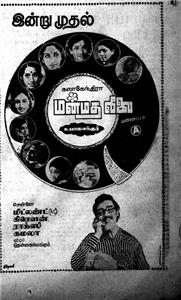
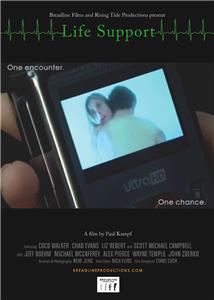
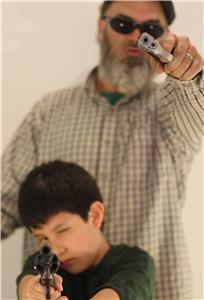

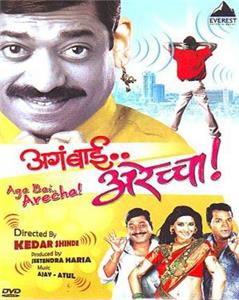




User reviews